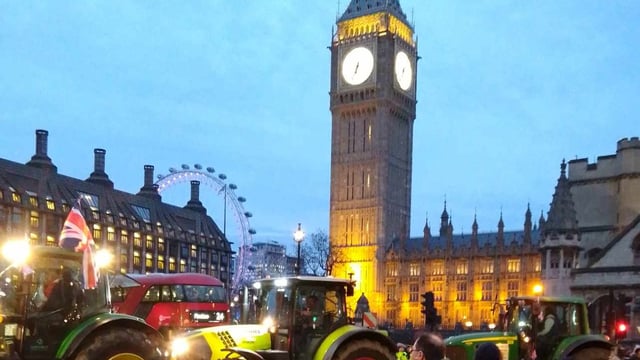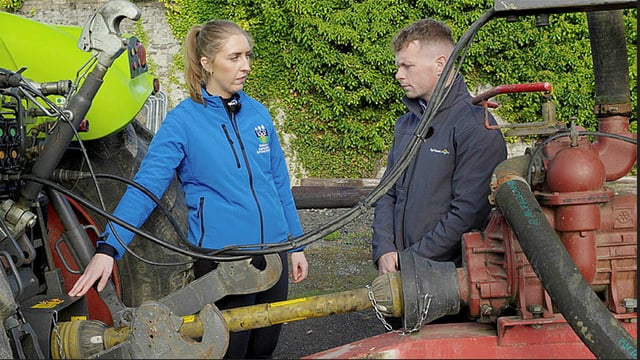Supreme Court dismisses appeal by two turf cutters
Two men who "traditionally exercised turbary rights on boglands in Co. Longford", have had a legal challenge against a law brought into "protect bog habitats" dismissed by the Supreme Court.
Gerry Gearty and Sean Beirne had challenged "the creation by ministerial regulation of indictable offences", carrying up to three years imprisonment, to protect bog habitats "as an infringement of the sole and exclusive power of making laws for the State vested in the Oireachtas".
Their challenge centered around the transposition of a European Union habitats law into Irish law - the origins of the case date back in relation to Gearty and Beirne's "refusal to allow authorised officers of the minister to enter their private boglands in June 2012".
Both Gerry Gearty and Sean Beirne had previously launched a High Court legal challenge in relation to the legislation which was rejected but they were granted leave to appeal this.
The legal challenge was taken against "the Director of Public Prosecutions (DPP), the District Court judge for the time being assigned to the District Court Area of Longford and the Minister for Arts, Heritage and the Gaeltacht, Ireland and Attorney General".
The appeal centred on the single issue of "whether it is constitutionally permissible for a minister of the government to create an indictable offence by Regulations made under s 3 of the European Communities Act 1972, as amended".
In a ruling delivered yesterday (Thursday, October 17) five supreme court judges dismissed the appeal.
Delivering the judgement Justice Peter Charleton outlined that "legislation to preserve Ireland’s boglands does not have its origin in Acts of the Oireachtas".
Instead the "parent legislation is given effect" in the European Communities (Birds and Natural Habitats) Regulations 2011.
Referencing these regulations in the judgement Justice Peter Charleton outlined that "these provisions provide that the various families traditionally using boglands to harvest turf have become subject to a host of legal obligations".
"The measures applicable to this case are the prohibition of turf cutting in many instances and this is coupled with a duty to allow authorised officers of the minister to enter onto and inspect the state of privately-owned boglands.
"The purpose of the latter is enforcement, whereby unauthorised turf-cutting can be detected and evidence gathered for possible prosecution of offenders," Justice Charleton stated.
The judgement also highlighted that "in this case the appellants are not charged with illegal turf harvesting, but with refusal to allow authorised officers of the minister to enter their private boglands in June 2012.
"Their response to that charge, now dating back over 12 years, is this challenge to the transposition of the European Union prohibition and in particular through the creation of indictable, as opposed to summary, offences by ministerial regulation".
The Judgement delivered by Justice Charleton set out that it had "been necessary to enter a thicket of legal authorities to consider the issues in this case".
The judge also stated that "it is within the competence of the Legislature to delegate the power to create indictable offences to the Executive branch".
"In truth, the prescriptive nature of the Habitats Directive means any command over policy left over to member states has, like in the leading case of Maher, been reduced almost to vanishing point," he detailed.
All five Supreme Court judges agreed that in relation to Gerry Gearty and Sean Beirne "the appeal should be dismissed and the order of the High Court affirmed".





